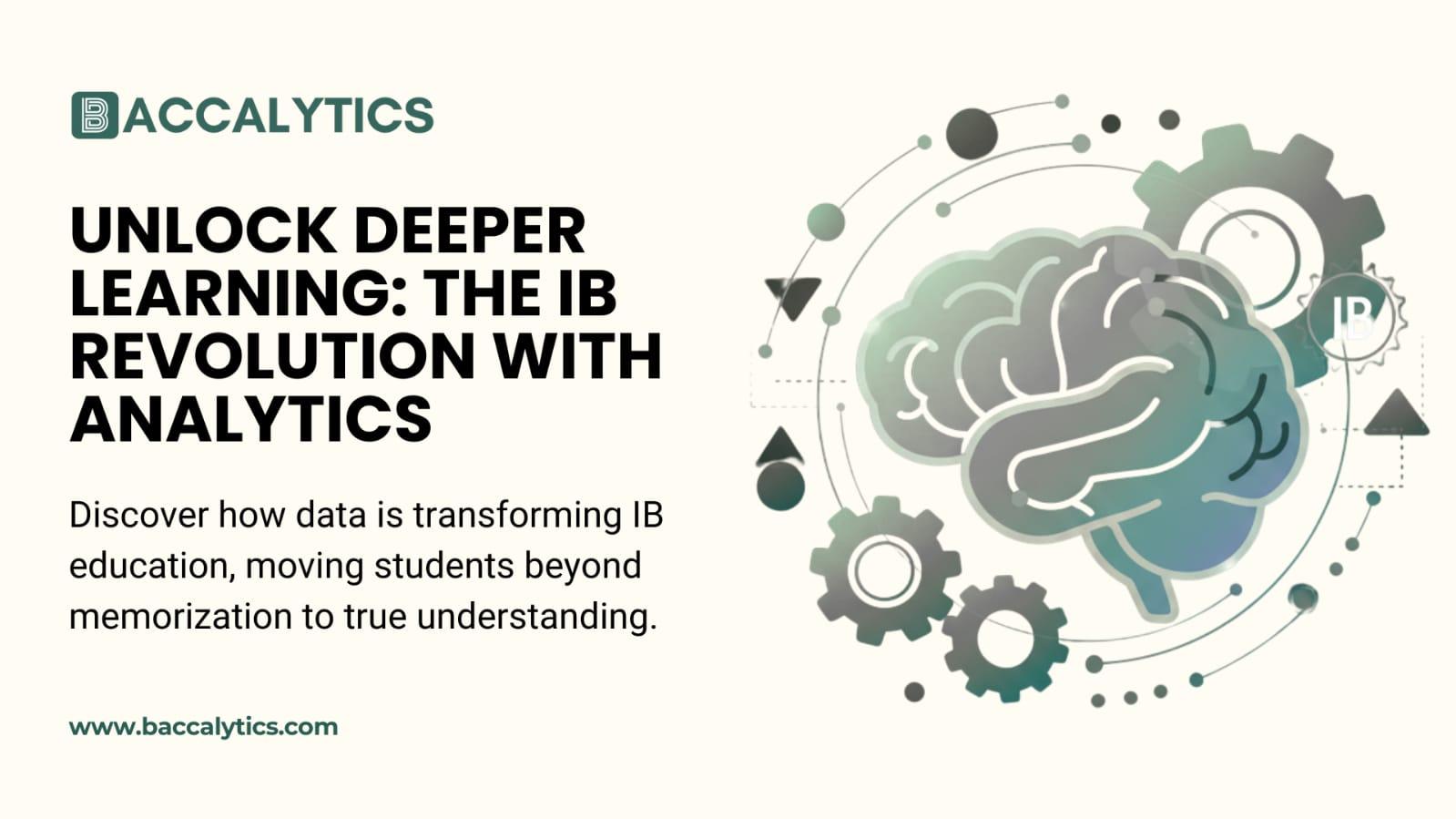
The Future of IB: How Analytics are Revolutionizing Conceptual Understanding
Rabia Mateen
How can educational technology transform the way we approach learning? What if we could move beyond just memorizing facts and truly understand the "why" behind what we're learning? 🤔
The Problem with Rote Learning
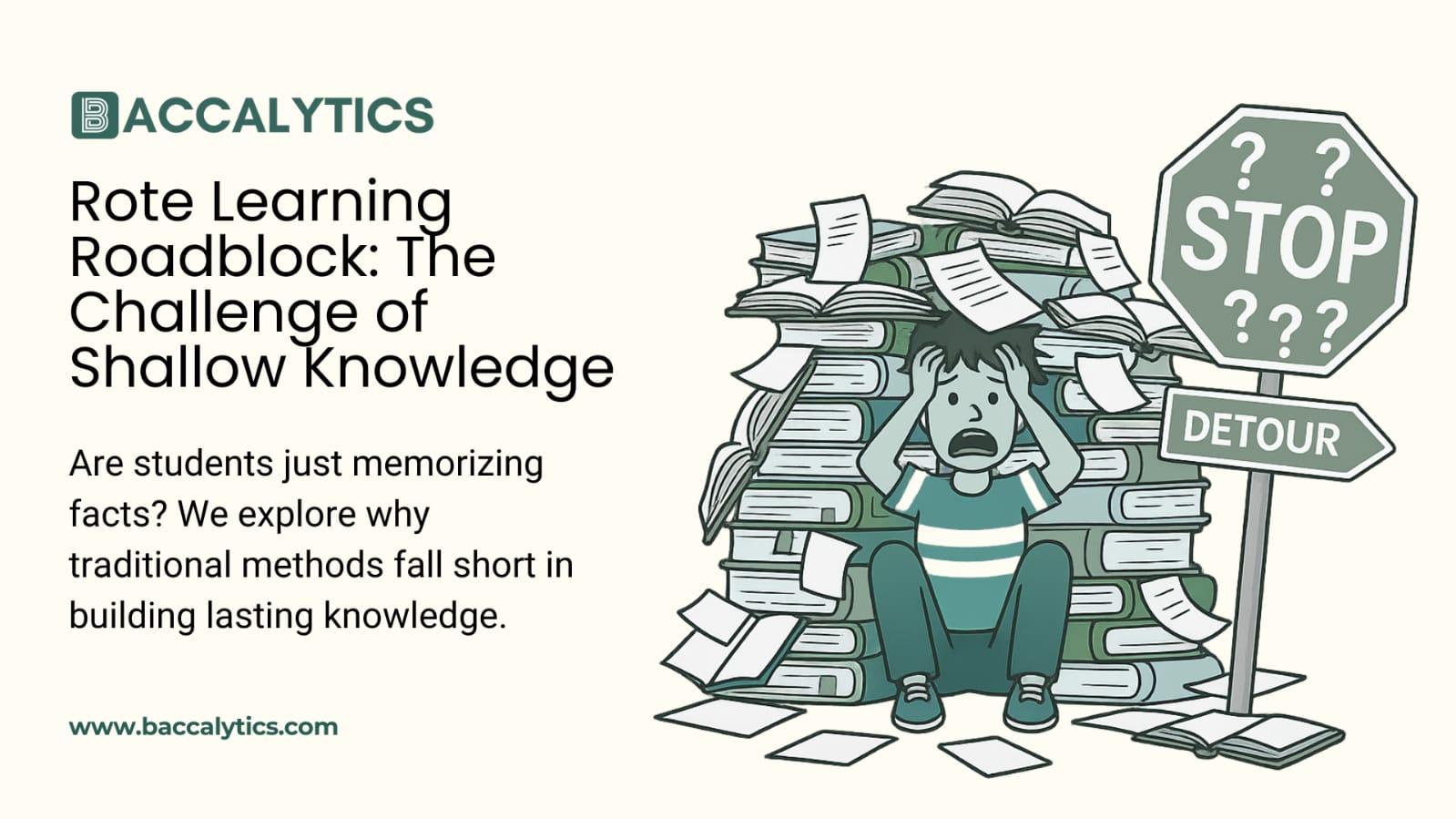
We've all been there: cramming for a test, memorizing definitions, formulas, and dates, only to forget them a week later. This rote learning approach, while sometimes necessary, often fails to build the deep conceptual understanding needed for long-term knowledge retention.
This is especially true in a rigorous curriculum like the International Baccalaureate (IB) program, which emphasizes critical thinking, inquiry-based learning, and a holistic approach to education.
The goal isn't just to know what something is, but to understand its interconnectedness and apply it in different contexts.
The Shift: From Content Coverage to Conceptual Mastery
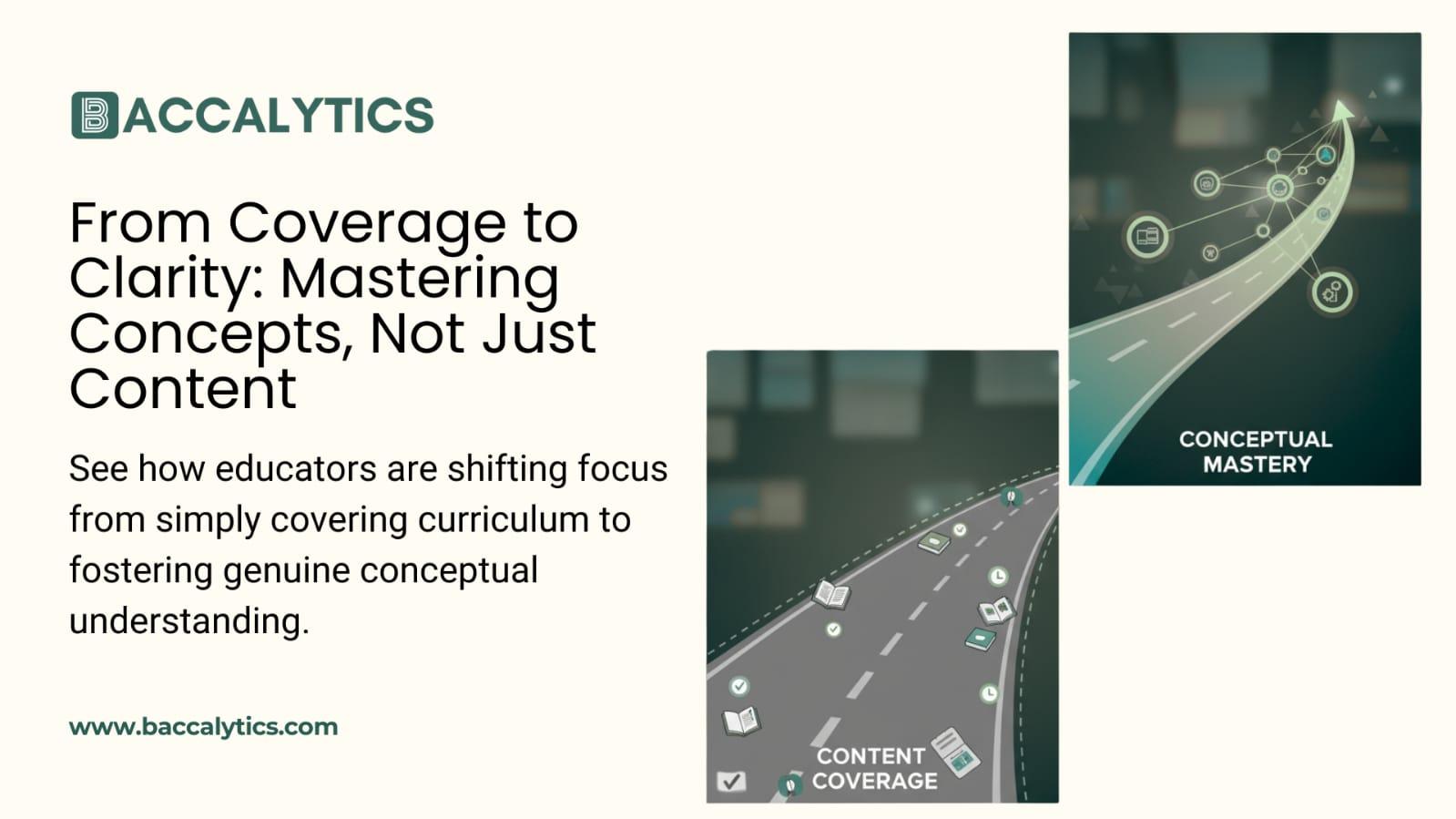
The IB program's philosophy is rooted in cultivating understanding, not just checking off topics. However, in a fast-paced academic environment, it's easy for teachers to fall into the trap of simply "covering" the curriculum.
This can leave students with fragmented knowledge and hidden learning gaps that only surface during high-stakes exams.
So, how can educators identify these gaps and help students build a robust foundation? The answer lies in data. 📊
Baccalytics: Unlocking Deeper Insights
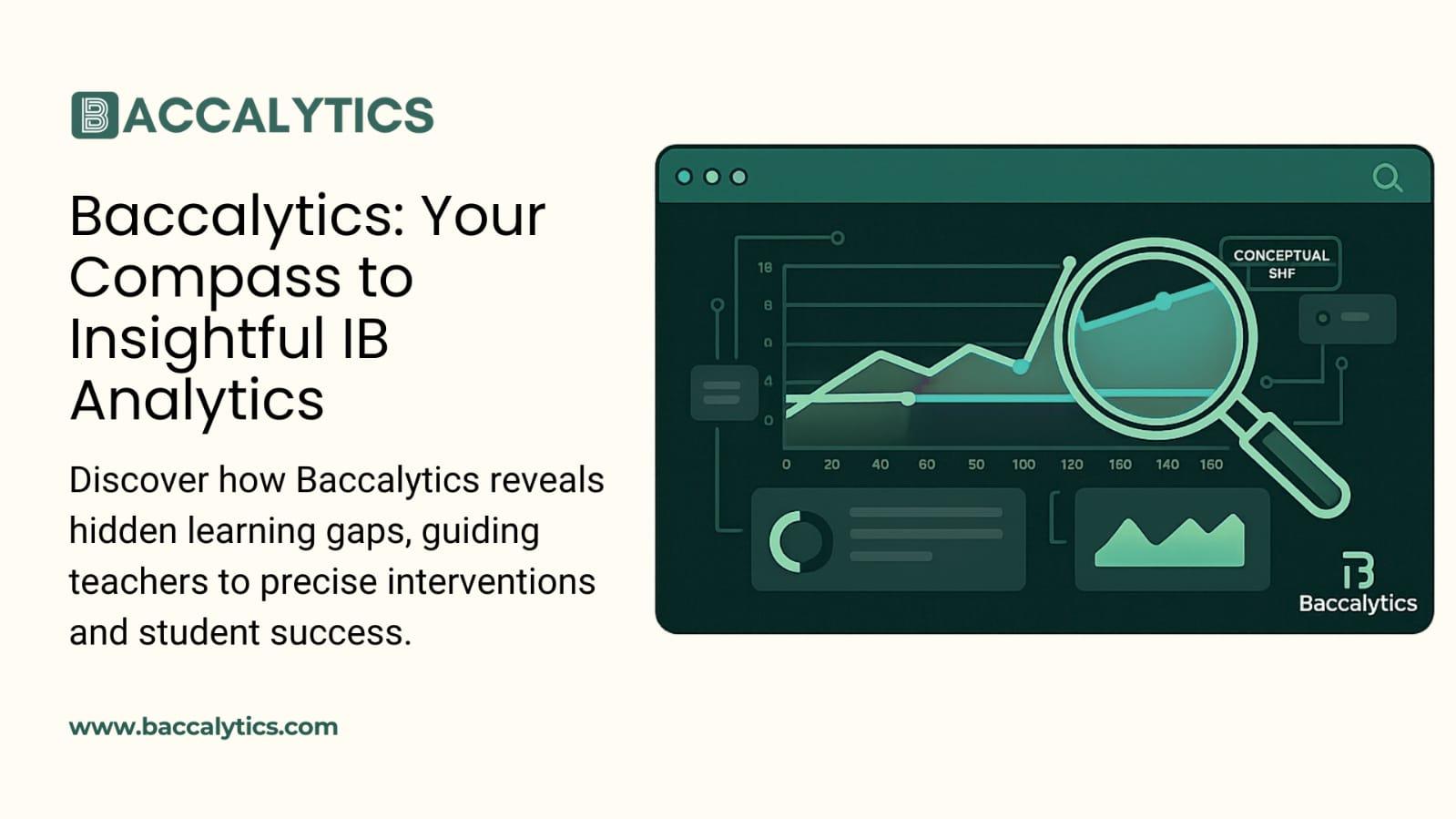
This is where Baccalytics steps in. Think of it as a powerful educational analytics tool designed to provide teachers with actionable insights into student performance.
Instead of just showing a score, Baccalytics's analysis breaks down performance by specific IB topics and concepts, revealing exactly where a student's knowledge is strong and where it's weak.
For example, a student might score well on a test, but the data might show they consistently struggle with applying a particular concept, like kinematics in IB Physics or differentiation in IB Mathematics.
This kind of detailed feedback allows teachers to move beyond generic reviews and focus on the specific areas where students need help. It transforms the learning process from a one-size-fits-all approach to a personalized journey.
Beyond the Numbers: Empowering Educators and Students
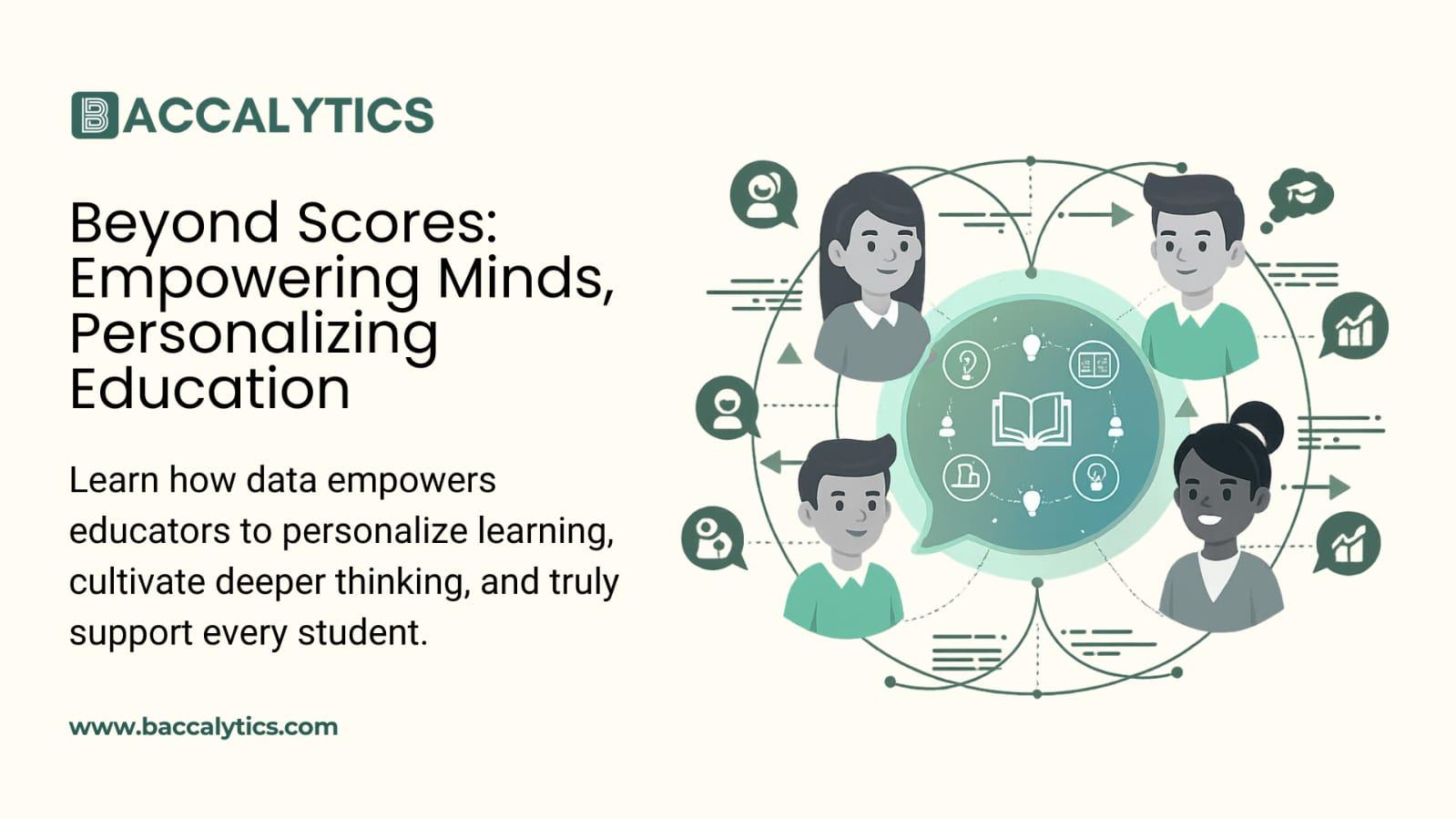
By using these powerful analytics, teachers can:
- Identify Conceptual Gaps: Pinpoint exactly which concepts are causing trouble for individual students or the entire class. This saves valuable class time and makes interventions more effective.
- Personalize Learning: Tailor instruction and provide targeted practice to address specific weaknesses, ensuring every student has the opportunity to master the material.
- Shift Focus: Spend less time on broad content coverage and more time on high-impact activities like in-depth discussions, problem-solving, and project-based learning that foster true conceptual understanding.
The shift from rote memorization to conceptual learning is a game-changer. It not only prepares students for their final exams but also equips them with the critical thinking skills needed to succeed in university and beyond. Baccalytics makes this transition not just possible, but practical.
